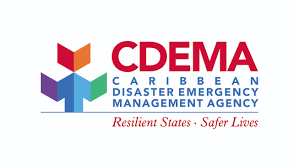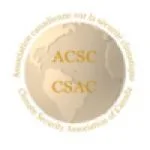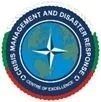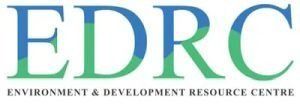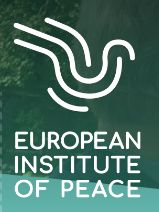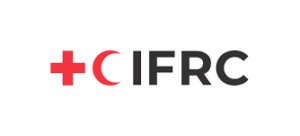ORGANISATIONS
American Security Project
ASP is a Washington, DC based non-partisan non-profit organization dedicating to exploring the changing nature of national security.
Caribbean Disaster Emergency Management Agency (CDEMA)
The Caribbean Disaster Emergency Management Agency (CDEMA) is a regional intergovernmental agency for disaster management in the Caribbean Community (CARICOM) and comprises eighteen Participating States.
NATO Change and Security Centre of Excellence (CCASCOE)
CCASCOE aims to be an internationally recognized hub of expertise on climate change and security for military and civilian experts and decision-makers.
Center for the Study of Democracy (CSD)
Center for the Study for Democracy (CSD) is a European public policy institute, which combines research excellence with advocacy for piloting social innovation and institutional reforms across several areas, including energy governance, energy security, energy transition, economic development, and innovation. CSD’s mission is building bridges between scholars and policy makers.
Climate Security Association of Canada (CSAC)
The goal of CSAC is to ensure that collaborative responses to climate change and insecurity are based on solid evidence and promote communication and exchange of research findings across policy, practice, and academic disciplines.
Crisis Management and Disaster Response Centre of Excellence (CMDR COE)
Among the CMDR COE’s top priorities is the maintenance of its stand as an indispensable source of expertise and advice in the field of crisis management and disaster response. Therefore, the Centre’s essential success indicators place significant emphasis on the ability to establish and foster collaborative partnerships across the international CMDR community of interest.
ENVIRONMENT & DEVELOPMENT RESOURCE CENTRE (EDRC)
EDRC's aim is to contribute to the achievement of global sustainable development that is environmentally sound, socially just and respectful of cultural diversity. EDRC serves as the lead partner in Project CASA.
European External Action Service (EEAS)
Climate change and environmental degradation are existential threats to Europe and the world. In 2024, for the first time, the world breached 1.5C global warming target . The climate crisis is accelerating at an unprecedented pace: From extreme heat in North Africa and the Sahel, to unprecedented rainfall and landslides in South Asia and South America, to wildfires in the Americas, making these the most affected continents during 2024, as well as record-setting droughts affecting more than 55 million globally per year. Europe is the fastest-warming continent in the world. In 2024, the European Environmental Agency identified 36 climate risks with potentially severe consequences across Europe.
European Institute of Peace
The European Institute of Peace designs and delivers sustainable peace processes and agreements. We provide practical experience, technical expertise and policy advice on conflict resolution.
Foundation for Global Governance and Sustainability (FOGGS)
FOGGS is a think-and-do tank, serving also as a research and ideas-generation centre, discussion forum, and advocacy mechanism on key issues of global governance, global sustainability, and global citizenship.
GLOBAL MILITARY ADVISORY COUNCIL ON CLIMATE CHANGE (GMACCC)
The vision of GMACCC is to be seen as an authoritative voice on the need for, and the nature of, action to be taken by the security community to reduce the risks posed to national security by a changing climate.
INTERNATIONAL FEDERATION OF RED CROSS AND RED CRESCENT SOCIETIES
Every year, disasters and crises have devastating impacts on people, communities and entire societies around the world. The IFRC and our 191 National Societies respond to, and work to prevent or lessen the impacts of, all types of crises and disasters. We do so for all people, with a focus on supporting the most vulnerable. Our priorities are to save lives, reduce suffering and uphold human dignity.

